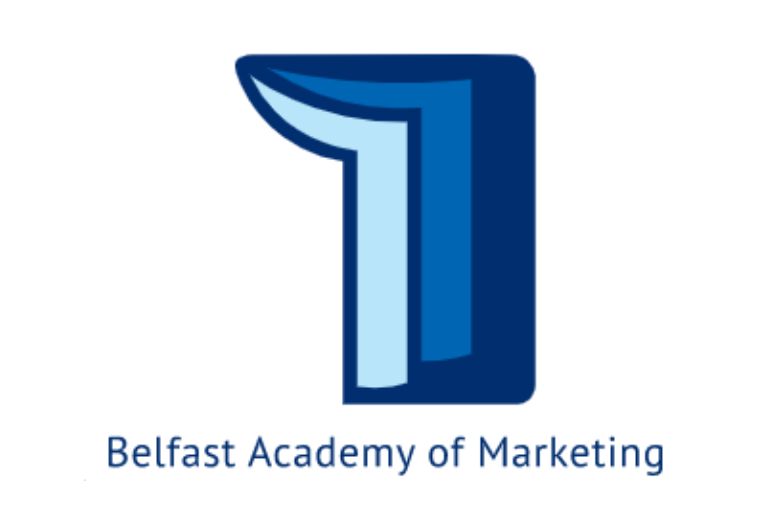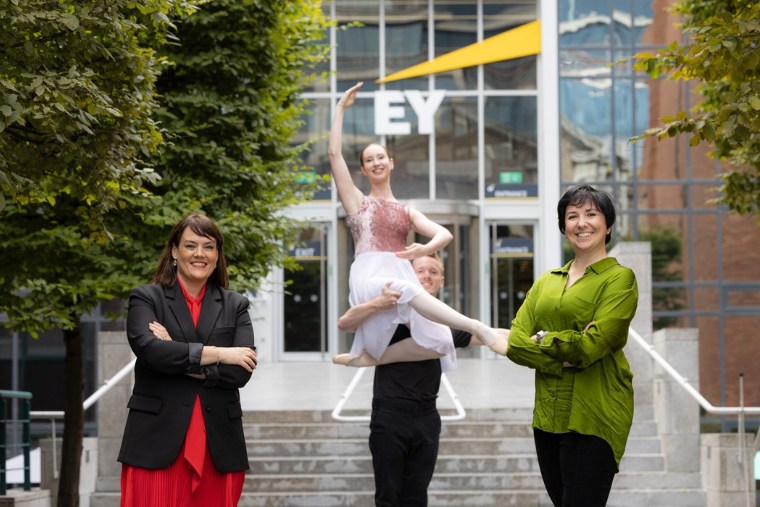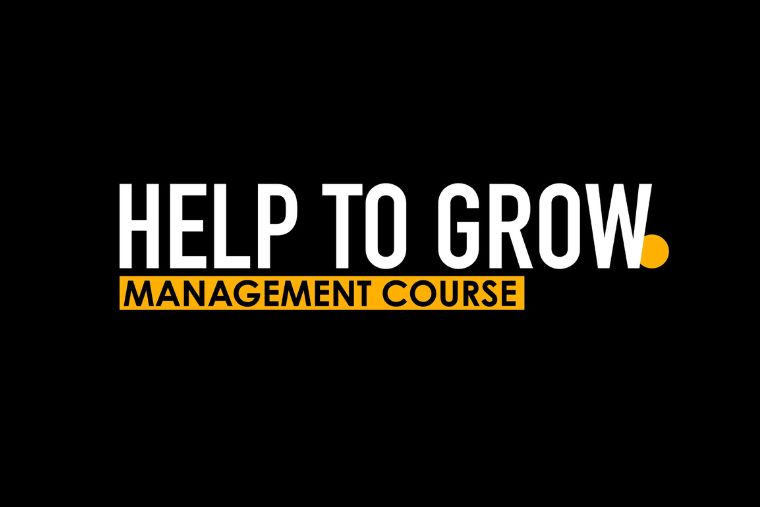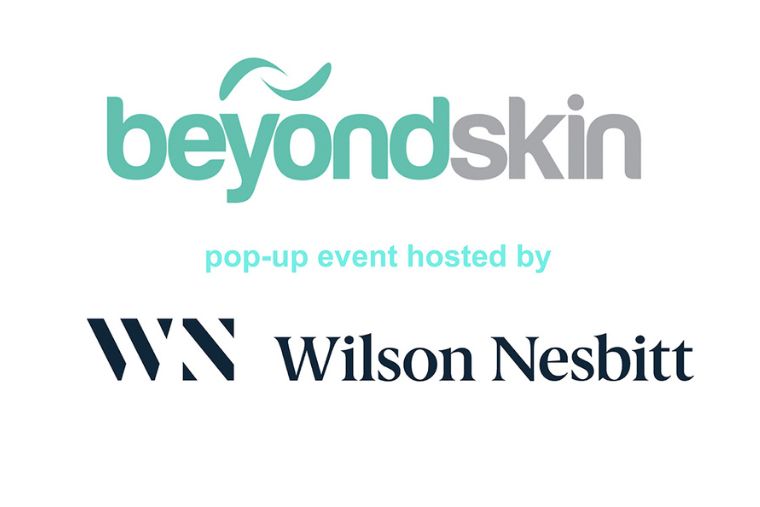Share on social

What is Leadership Presence?
What is it about one individual that makes them stand out from the crowd? By understanding what Personal Impact is and you can begin to work on elements that will help you come across as someone with presence.
Monday 26 February 2024

What is personal impact and can I develop mine?
What is it about one individual that makes them stand out from the crowd? Why do some people naturally appear to exude substance, trustworthiness and authority? Can personal impact (in the US often described as executive presence), be developed?These are questions we get asked by ambitious executives wanting to make it to the next level.
The answer is yes! By understanding what Personal Impact is and you can begin to work on elements that will help you come across as someone with presence.
Firstly, what is personal impact or executive presence?
When we think of public figures that have strong personal impact such as Barak and Michelle Obama or Richard Branson, we think of individuals who are composed, communicate confidence, speak with impact, and are authentic. There is no specific definition of what Personal Impact is, but it encapsulates several traits. It is the perception of an individual as having substance, being capable and having the ability to inspire followers. They come across as likeable, sincere and empathic.
Why is Personal Impact important?
“Personal impact will not earn you a promotion but a lack of it will impede your ability to get as far as you want to go.”At the beginning of your career, it’s likely that you will be hired primarily for your “hard skills” – the technical requirements relevant to the job. As you progress in your career, the hard skills that originally landed you the job won’t be the ones that get you to the next level. Softer skills come more into play. Being able to communicate effectively, having strong self-awareness, demonstrating the knowledge skills and competence to deliver particularly through others.
Research from the Centre for Talent Innovation concluded that personal impact or executive presence consists of three main pillars:
Gravitas: Of 268 senior executives surveyed, 67 per cent stated that gravitas is the most important factor when promoting an employee to a leadership position. It’s the projection of credibility, assertiveness, and the confidence to convey a clear message. It is also a mixture of decisiveness, emotional intelligence, integrity, reputation and foresight. Gravitas is a signal to others that you are leadership material.
Communication: You communicate the authority of a leader. It is the ability to command a room. It’s what you say, when you say it, how you say it, and to whom you say it. As well as concise speaking skills, communication also includes the ability to read an audience or complex situation and act accordingly. Good communicators have highly developed active listening skills.
Appearance: While this was rated the least important of the three pillars, it shouldn’t be overlooked. Appearance is commonly referred to as “looking the part.” By taking the time to look and feel your best, it shows consideration and respect toward the people you interact with. Appearance also includes dressing appropriately for the environment and occasion, being well groomed, and having no distracting mannerisms.
How can I develop my Personal Impact?
Gravitas:
- Know your subject matter when you’re presenting in a group, leading a meeting, or engaging with a client. Strong subject matter expertise fosters confidence.
- Knowing how to connect with others and leverage contacts to benefit your team and company adds to your gravitas. Even introverts can learn to feel at ease building a network and instigating new relationships at events and conferences.
- Make “grace under fire” your new mantra. When a crisis hits, will your co-workers find you venting to everyone about it? We all have rough days, but gravitas is about responding to difficult situations thoughtfully and calmly, not reacting emotionally.
No matter what your job title you are, you are always presenting. Whether it’s a quick email to your boss or a casual comment you make to colleagues... you’re conveying who you are.
So how can you communicate better?
- Develop your presentation skills: While many of us would rather do just about anything than stand talking in front of a crowd, it’s a key skill to practice. Start small. Team meetings and one-on-ones with your management are good opportunities to get comfortable speaking in front of people.
- Prepare yourself well for meetings you attend and manage your message by having three concise compelling points to deliver.
- Body language is also important. Express openness by uncrossing arms and legs. Give other attention by keeping your eyes on the speaker.
While less important than gravitas and communication skills, it’s still important.
- Try to look polished, neatly manicured, and echoing the style that you see in senior leadership in your industry. This isn’t about losing your individuality; it’s about having the cultural intelligence to know what elicits respect and authority in your field. Ask yourself “Is what I’m wearing going to inspire others to have trust and confidence in me?” When you have a “yes”, you’ve nailed your personal image.
- It can be useful to ask other people who know you, and who you trust, to write down what impression they think you make. Ask them to observe you in a range of work situations. What do they observe about your facial expressions, voice, words, posture, body language, dress and energy levels? How do their views differ from the view you have of yourself? What do you need to do to develop your personal impact?
Many argue that you don’t have to have strong Personal Impact to be successful. There are very many successful people who had a distinct lack of Personal Impact. However, in ‘people’ businesses, and professions, where we have clients, colleagues, seniors and employees, Personal Impact is a multiplier of all of your other hard-earned skills. Personal Impact doesn’t replace professional competence, but it does add to it. It may be the defining difference between you and someone else when that significant career opportunity appears.
Learn how to develop your leadership presence, behaviours and command the boardroom with the Empowering Women in Leadership programme!
Author Una McSorley
Monday 26 February 2024


 Contact us
Contact us
 Share on social
Share on social Share with a friend
Share with a friend Facebook
Facebook LinkedIn
LinkedIn
 Twitter
Twitter




















 Get in touch with us
Get in touch with us